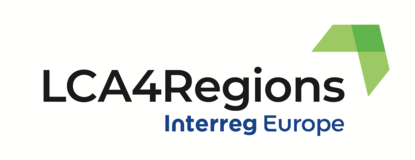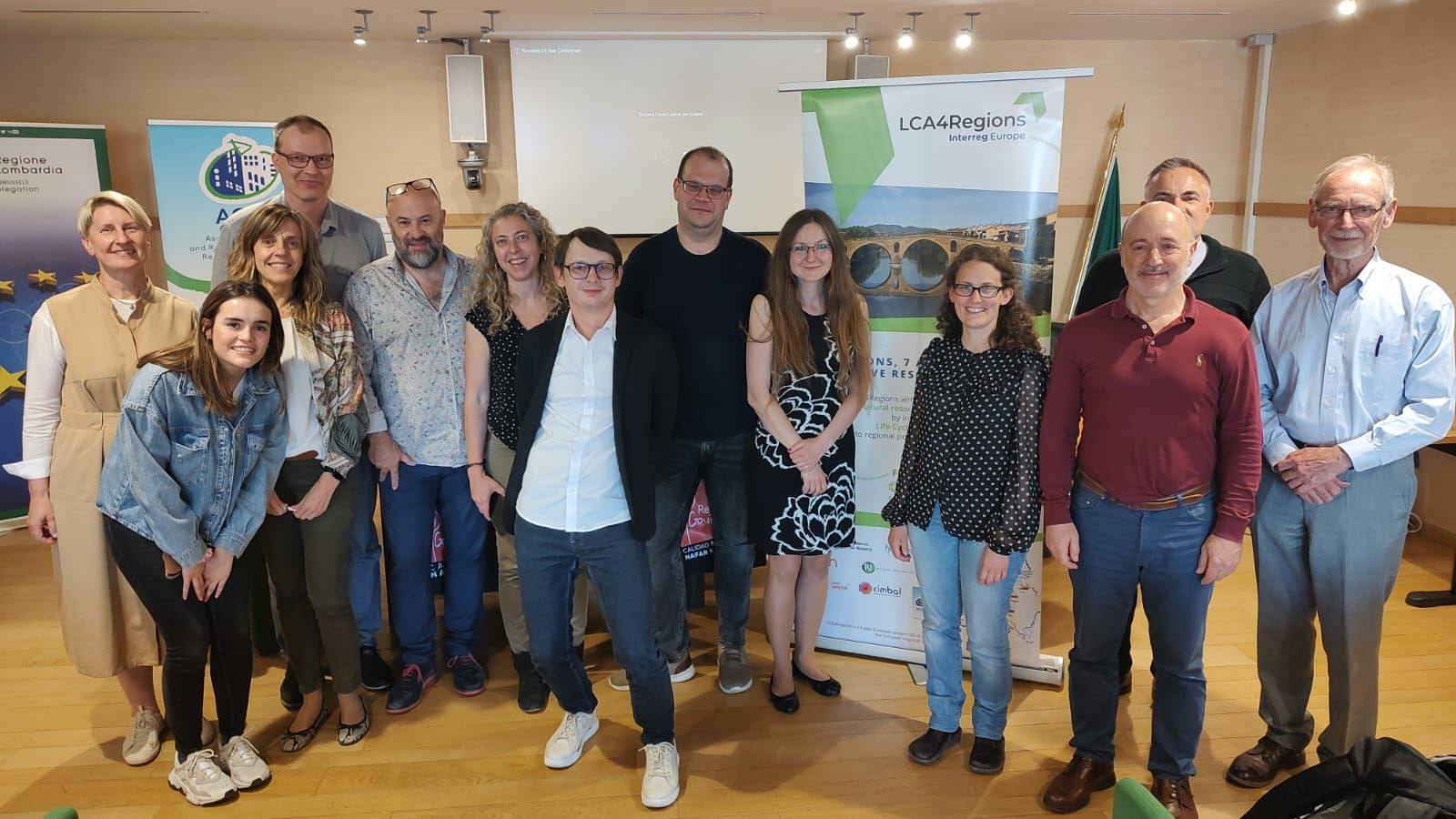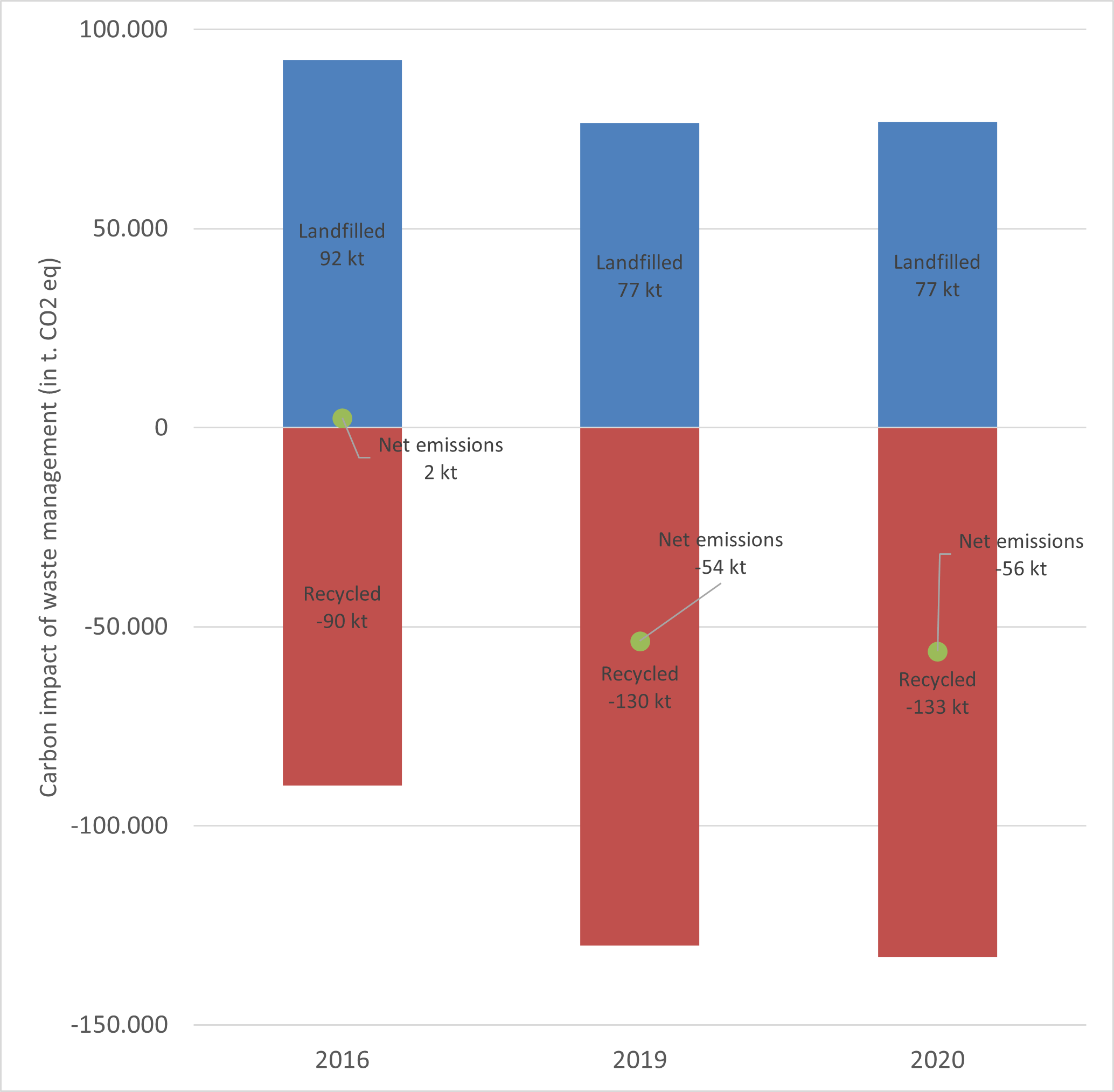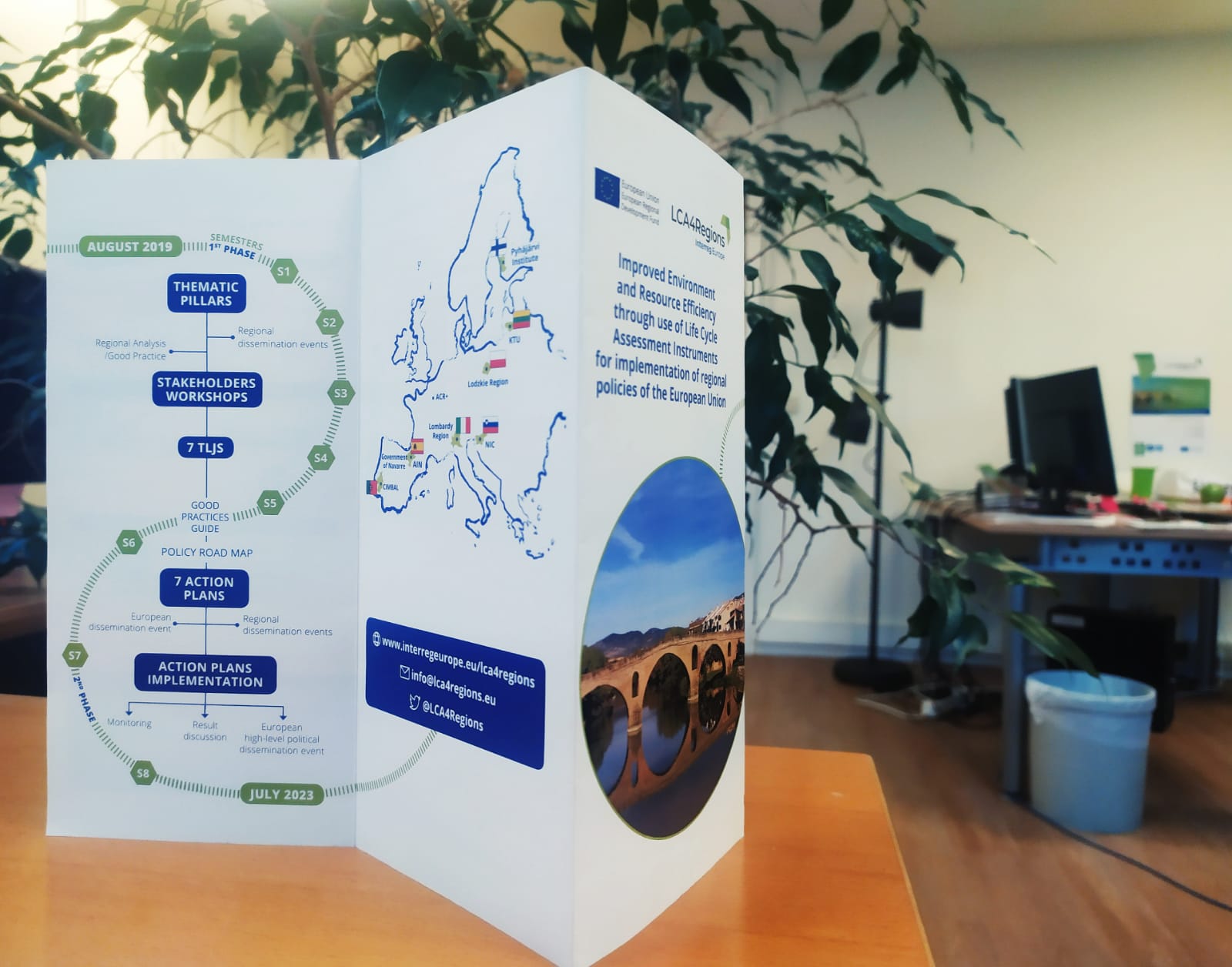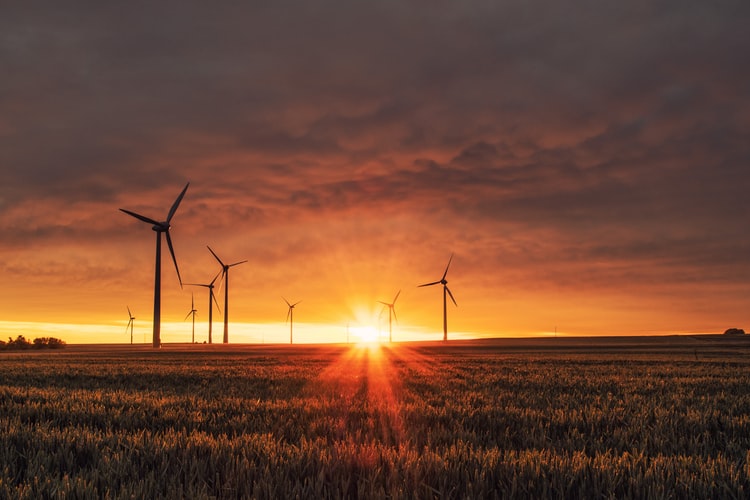In 2021 Navarra started assessing the carbon footprint of its municipal waste, supported by ACR+ and its More Circularity, Less Carbon campaign based on the Carbon Metric International tool by Zero Waste Scotland. It analysed the impact of the collection and treatment processes but also the emissions generated during the production of products that became waste.
The goal was to identify the main contributors to its carbon impacts to know how to improve decrease the region’s carbon footprint of waste and plan actions.
The Navarra Waste Plan 2017-2027 indicates that the calculation of the carbon footprint associated with waste management is a necessary indicator for decision-making processes and to establish future environmental criteria, as well as to conceptualise the extent to which the sector can contribute to greenhouse gases reduction through recycling and material and energy recovery. Two reports analyse data to understand the situation in 2016, 2019 and 2020.
Slight increase in waste generation versus improved management and carbon impacts
The generated quantities of municipal waste (i.e. household waste) experienced a slight increase in the last years: from 273,083 t in 2016 to respectively 283,605 t and 282,008 t in 2019 and 2020. (note that 2020 was a particular year. The COVID-19 lock-downs possibly impacted municipal waste generation and managemen)t. The generation per capita is rather stable, around 430 kg/cap. The carbon impacts of household waste in Navarra in 2019 were approximately 713,000 tonnes of carbon dioxide equivalent (tCO2eq.), or 0.4 tCO2eq./capita.
Waste management activities are carbon-negative: carbon emissions saved with recovery operations (energy from anaerobic digestion, generation of recycled materials) offset emissions generated by transport and treatment. Yet the impacts linked with the production of the products that became waste are higher; the savings with waste recovery only represent 7% of the embodied impact. Waste prevention is the best way to achieve significant carbon savings.
The top five waste materials by weight in 2019 accounted for 74% of Navarra’s waste quantities, but only 40% of its waste carbon impacts. Textile is the first waste category with the greatest carbon impact.
The analysis shows that significant amounts of food, and paper & cardboard wastes - high waste tonnages and significant carbon impacts - are disposed in landfills. Prioritising these categories will not only reduce carbon impacts but also increase recycling rates.
How to move forward?
Between 2016 and 2020, municipal waste management in Navarra improved and so the carbon impact of waste management significantly reduced, mostly due to diverting food waste from landfill and recycling it in anaerobic digestion. However, these carbon savings had limited impact on the global net emissions of municipal waste, due to the increase of the generated quantities over the same period, especially concerning textile waste.
More carbon reduction is possible by pursuing efforts on food waste recycling, as well as with paper and cardboard, plastic, metal, and glass sorting and recycling. Current recycling rates for plastic, metal, glass, and garden waste can be considered low to average.
However, the main potential for carbon emissions mitigation lies in waste prevention and re-use, especially for textile waste. Food waste generation decreased between 2016 and 2020 with positive impact on the total carbon footprint. Pursuing this trend will also contribute to the reduction of climate emissions. Actions to address textile waste generation and promoting its re-use could lead to significant savings, and shall contribute to prepare the 2025 EU textile sorting obligation.
Translating the results of the analysis into practical action
The results of both reports have influenced the 2023 call for domestic waste within Navarra’s Waste Fund. As the higher carbon impacts come from production of products, a higher emphasis was done to prevention actions. The annual call 2023 for domestic waste includes a new section in line 1 concerning prevention that support "accompaniment, training, information and awareness actions on waste prevention". Four beneficiaries asked for this type of actions with a financial support of EUR 49,572.02.
In addition, Navarra benefitted from a training organised within the LIFE REthinkWaste project. Following this, line 2 in the call 2023 for domestic waste has been modified to introduce the carrying out of studies and technical work on domestic and commercial waste: programs or management plans, or others related to waste, such as generation by knowledge campaigns (KYAT) or others. Two beneficiaries asked for this type of actions with a financial support of EUR 20,126.66.
